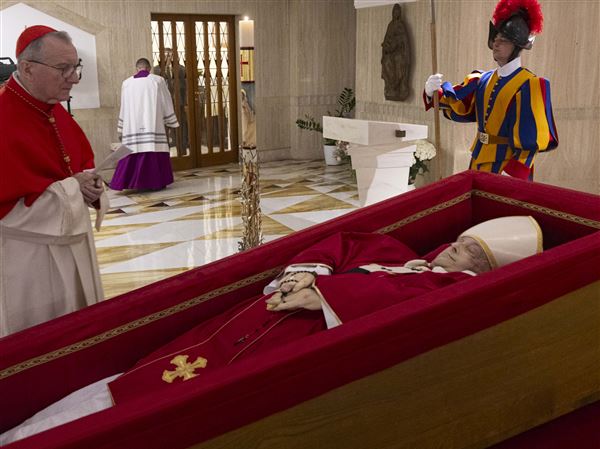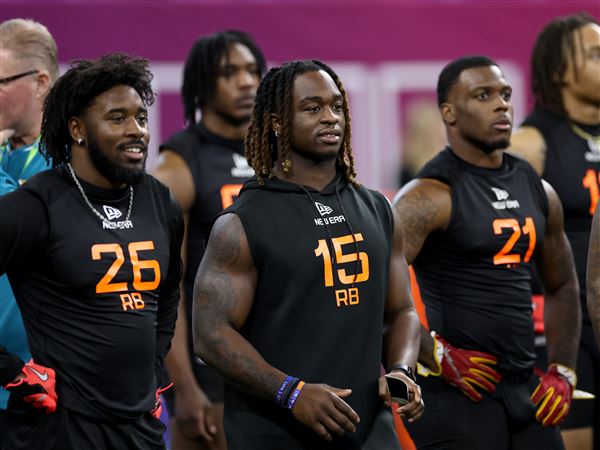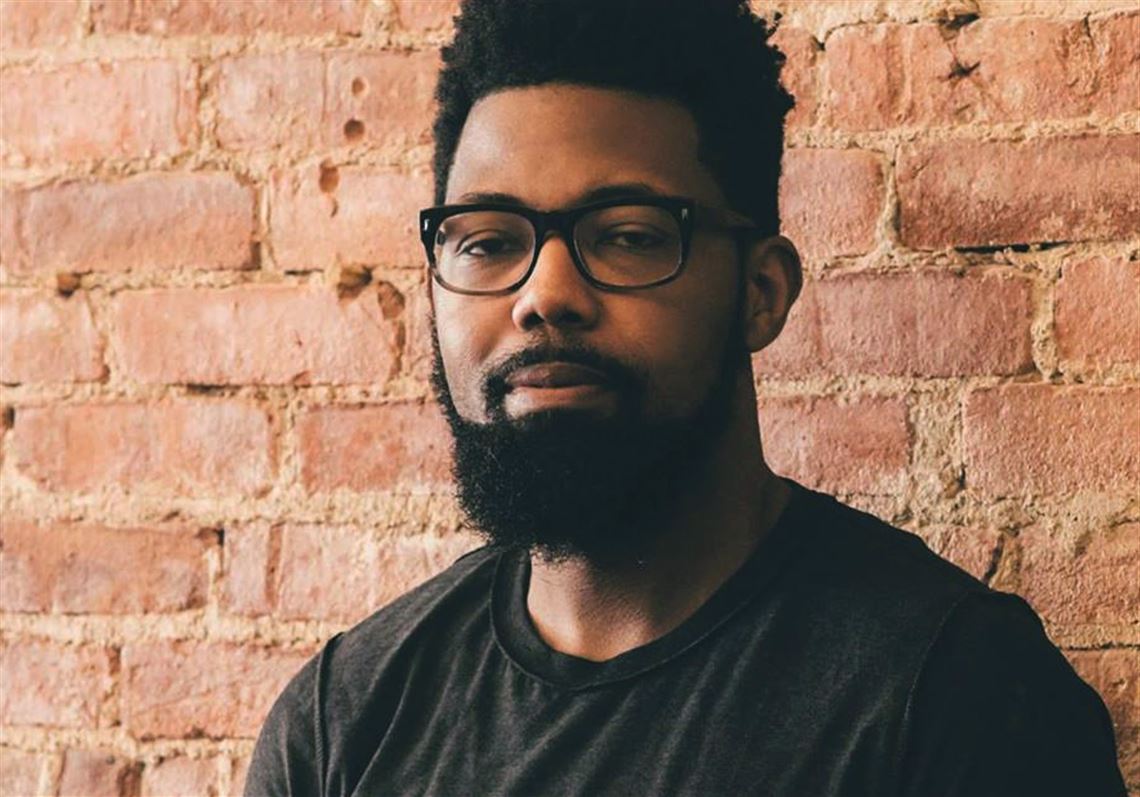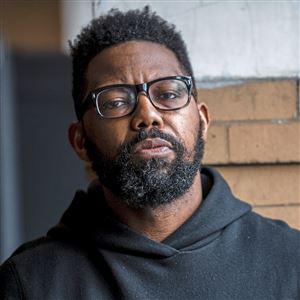“What Doesn’t Kill You Makes You Blacker,” Damon Young’s memoir, is a fascinating exploration of how race, class and gender, inform notions of black identity in American life. It is a story about the range of experiences that comprise black culture in Pittsburgh, reflected in the broader narrative of what it is like to be black in America. It is to internalize certain amounts of angst, fear and neuroses that can at times seem so absurd to the point of being comical, if not heartbreaking.
HarperCollins/Ecco ($27.99).
Mr. Young, a co-founder and editor of Very Smart Brothas, one of the most popular blogs out of Pittsburgh in the past decade, calls this a “nigga neurosis — a state of being where, Did that happen because I am black? and If this is happening because I am black, how am I supposed to react as a Professional Black Person?” This cognitive dissonance is the prism through which he unspools his story in a series of well-curated essays on experiences that have shaped his life.
“What Doesn’t Kill You Makes You Blacker” is in equal parts a deeply introspective account of a life and an astute critique of the contours along which black people survive the limitations of historic and systemic racism. This unfolds in honest, raw and colorful observations that reflect a spectrum of experiences ranging from the mundane, like the etiquette of how to break up with a barber, to the sublime, like meeting the woman you hope you will marry someday.
Humor is essential to being black in America, Mr. Young contends, because to live without it would be to live in a perpetual state of anger, and that “would be boring, and existing while black in America is anything and everything but that.”
Regular readers of Mr. Young, a senior editor at The Root and a columnist at GQ, will notice some familiar stories in this book, which delves into themes that touch on the continuously shifting definitions of identity and masculinity, the paucity of opportunities for black upward mobility, the power and politics of language, and black life in Pittsburgh.
In racism and colonialism language is the first victim. Marginalized people are often prone to internalizing not only how they see themselves but also how they talk to and about each other. And so, language is itself a central character in “What Doesn’t Kill You Makes You Blacker.” Mr. Young is fearless in reclaiming ownership of words and the diverse contemporary vernacular that represents strands of black culture in film, television, sports, literature and across social media.
Not since Randall Kennedy’s 2002 compact “Nigger: The Strange Career of a Troublesome Word” — which considered the history, legal and cultural interpretation of the word — has an author so comprehensively broken down not only the cultural weight and application of the word but also how black people relate to it, as Mr. Young does with great humor, authority and empathy, in an essay aptly titled “Three Niggas.”
Readers who may be unfamiliar with Mr. Young’s writing may flinch or struggle with certain colloquialisms and terms, yet the book is filled with laugh-out-loud descriptions in beautifully constructed and bold throw-away lines.
In “What Doesn’t Kill You Makes You Blacker,” Mr. Young writes poignantly about the halting ways in which living on the edge of economic stability is an aspect of the searing alienation — or as he calls it, “post-traumatic brokeness disorder” — that black people feel in American life.
It is seeing his father go through periods of constant unemployment and maintain his grace while trying to raise a son, the powerlessness of watching his parents lose their home, or the painful realization that his mother might have had a chance against the disease that eventually felled her if not for the circumstance and condition of her race.
“White supremacy is so gargantuan and mundane that sometimes its existence and its proficiency can’t be measured, addressed or even seen without a stark change in perspective. It isn’t like gravity. It is gravity. It is ceaseless pressure intended to keep blackness ground-bound and sick,” he writes. That “ceaseless pressure” is, in many ways, all-encompassing. It may be reflected on a socioeconomic level like the displacement of black livelihoods caused by gentrification as much as it can also be reflected through police brutality or internalization of corrosive notions of black male masculinity that sustain rape culture.
Yet the sum of experiences and narrative compiled in “What Doesn’t Kill You Makes You Blacker” reflect Mr. Young’s belief in the resilience and the hope, which he feels the future holds for his daughter. “Blackness forces you to love harder,” he writes. “It forces you to entertain the concept of forgiveness and choose whether or not it’s a thing you’re interested in possessing.”
“What Doesn’t Kill You Makes You Blacker” is ultimately about overcoming the many ways in which racism in America dehumanizes the soul. To overcome it, we must find our humanity through forgiveness and loving ourselves — our blackness.
Karamagi Rujumba, a writer and former Post-Gazette reporter, lives on the North Side: karamagi.rujumba@gmail.com.
First Published: March 22, 2019, 1:00 p.m.
















